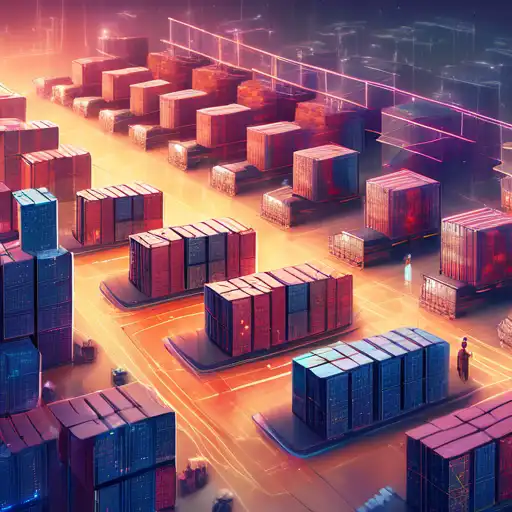The Transformative Power of Blockchain in Modern Supply Chains
In the digital age, blockchain technology is emerging as a revolutionary force in transforming supply chains across the globe. By offering unparalleled transparency, security, and efficiency, blockchain is setting new standards for how goods are tracked, verified, and delivered from manufacturers to consumers.
Understanding Blockchain in Supply Chains
At its core, blockchain is a distributed ledger technology that allows data to be stored globally on thousands of servers. This makes it nearly impossible for any single entity to gain control of the network or manipulate the data. In the context of supply chains, this technology ensures that every transaction or movement of goods is recorded in a tamper-proof manner.
Key Benefits of Blockchain for Supply Chains
- Enhanced Transparency: Every participant in the supply chain can access the same information, reducing discrepancies and building trust.
- Improved Security: The decentralized nature of blockchain makes it highly resistant to fraud and cyberattacks.
- Increased Efficiency: Automating processes with smart contracts reduces the need for manual oversight and speeds up transactions.
- Better Traceability: Products can be tracked from origin to consumer, ensuring authenticity and compliance with regulations.
Real-World Applications
Several industries are already leveraging blockchain to revolutionize their supply chains. For example, the food industry uses it to trace the origin of products to ensure safety and quality. Similarly, the pharmaceutical sector employs blockchain to combat counterfeit drugs by verifying the authenticity of medications.
Challenges and Considerations
Despite its potential, the adoption of blockchain in supply chains faces hurdles such as high implementation costs, the need for industry-wide collaboration, and a lack of understanding among stakeholders. However, as technology advances and more success stories emerge, these challenges are likely to diminish.
Looking Ahead
The future of supply chains lies in the widespread adoption of blockchain technology. With its ability to provide secure, transparent, and efficient solutions, blockchain is poised to redefine how businesses operate in the global marketplace. As more companies recognize its value, we can expect to see an acceleration in innovation and collaboration across industries.
For those interested in exploring how blockchain can benefit their supply chains, it's essential to start with a clear understanding of the technology and its potential applications. Partnering with experienced providers and investing in education will be key steps in navigating this transformative journey.
